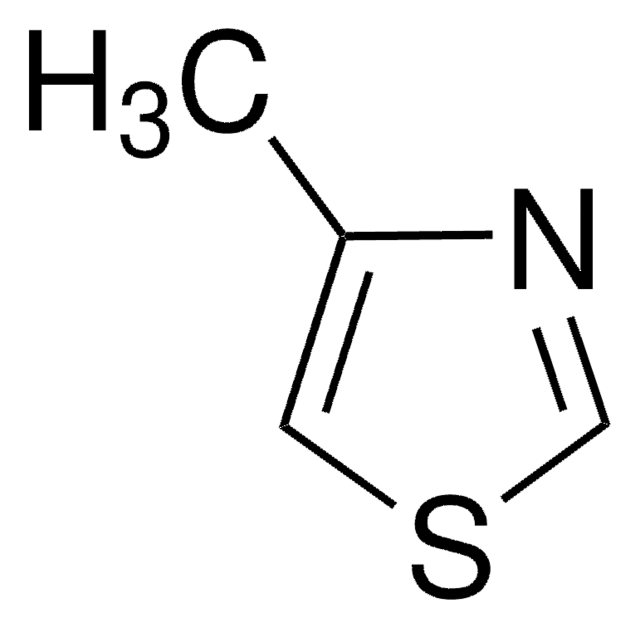W292001
Potassium acetate
98%
Synonym(s):
Potassium acetate
About This Item
Recommended Products
biological source
synthetic
Quality Level
grade
Halal
reg. compliance
EU Regulation 178/2002
FDA 21 CFR 172.515
Assay
98%
solubility
H2O: 10%, clear, colorless
density
1.57 g/cm3 at 25 °C (lit.)
application(s)
flavors and fragrances
Documentation
see Safety & Documentation for available documents
food allergen
no known allergens
Organoleptic
odorless
SMILES string
[K+].CC([O-])=O
InChI
1S/C2H4O2.K/c1-2(3)4;/h1H3,(H,3,4);/q;+1/p-1
InChI key
SCVFZCLFOSHCOH-UHFFFAOYSA-M
Looking for similar products? Visit Product Comparison Guide
Related Categories
General description
Application
- Fe, N, S co-doped carbon network derived from acetate-modified Fe-ZIF-8 for oxygen reduction reaction.: This study explores the role of potassium acetate in modifying iron-based metal-organic frameworks to create efficient catalysts for oxygen reduction reactions, vital for energy conversion technologies. This approach highlights a sustainable pathway to enhance the electrochemical properties of catalysts used in fuel cells and metal-air batteries (Zhang J et al., 2024).
- Safe cycling in winter: Results of a case study on the role of de-icing in the city of Hamburg, Germany.: Research on potassium acetate as a de-icing agent demonstrates its effectiveness and environmental safety, particularly in urban settings where traditional salts pose corrosion risks to infrastructure and are harmful to the environment. The study provides a basis for municipal decisions on winter road safety protocols (Lißner S et al., 2023).
- Systematic Study on the Precursor Reduction Kinetics and Growth Pattern for Size-Tunable Palladium Nanocubes.: Utilizing potassium acetate in the controlled synthesis of palladium nanocubes, this research contributes to the understanding of nanoparticle growth mechanisms, enabling the precise tuning of their size for applications in catalysis and electronics (Zhao Y et al., 2023).
- Quasi-alternating copolymerization of oxiranes driven by a benign acetate-based catalyst.: Potassium acetate is used in this innovative approach to polymer synthesis, demonstrating its utility as a green catalyst that promotes sustainable chemical processes. The research offers new insights into the development of environmentally friendly polymerization methods (Fornaciari C et al., 2023).
- Deamination of Polyols from the Glycolysis of Polyurethane.: This study investigates the role of potassium acetate in the recycling process of polyurethanes, contributing to sustainable waste management practices. By optimizing the chemical breakdown and recovery of valuable components, the research aids in reducing environmental impact (Donadini R et al., 2024).
Disclaimer
Storage Class Code
13 - Non Combustible Solids
WGK
WGK 1
Flash Point(F)
Not applicable
Flash Point(C)
Not applicable
Personal Protective Equipment
Choose from one of the most recent versions:
Already Own This Product?
Find documentation for the products that you have recently purchased in the Document Library.
Customers Also Viewed
Our team of scientists has experience in all areas of research including Life Science, Material Science, Chemical Synthesis, Chromatography, Analytical and many others.
Contact Technical Service

![[1,1′-Bis(diphenylphosphino)ferrocene]dichloropalladium(II)](/deepweb/assets/sigmaaldrich/product/structures/130/734/8846aa26-1858-458a-998d-8c306c13bf0f/640/8846aa26-1858-458a-998d-8c306c13bf0f.png)
![[1,1′-Bis(diphenylphosphino)ferrocene]dichloropalladium(II), complex with dichloromethane](/deepweb/assets/sigmaaldrich/product/structures/825/986/4317978b-1256-4c82-ab74-6a6a3ef948b1/640/4317978b-1256-4c82-ab74-6a6a3ef948b1.png)

